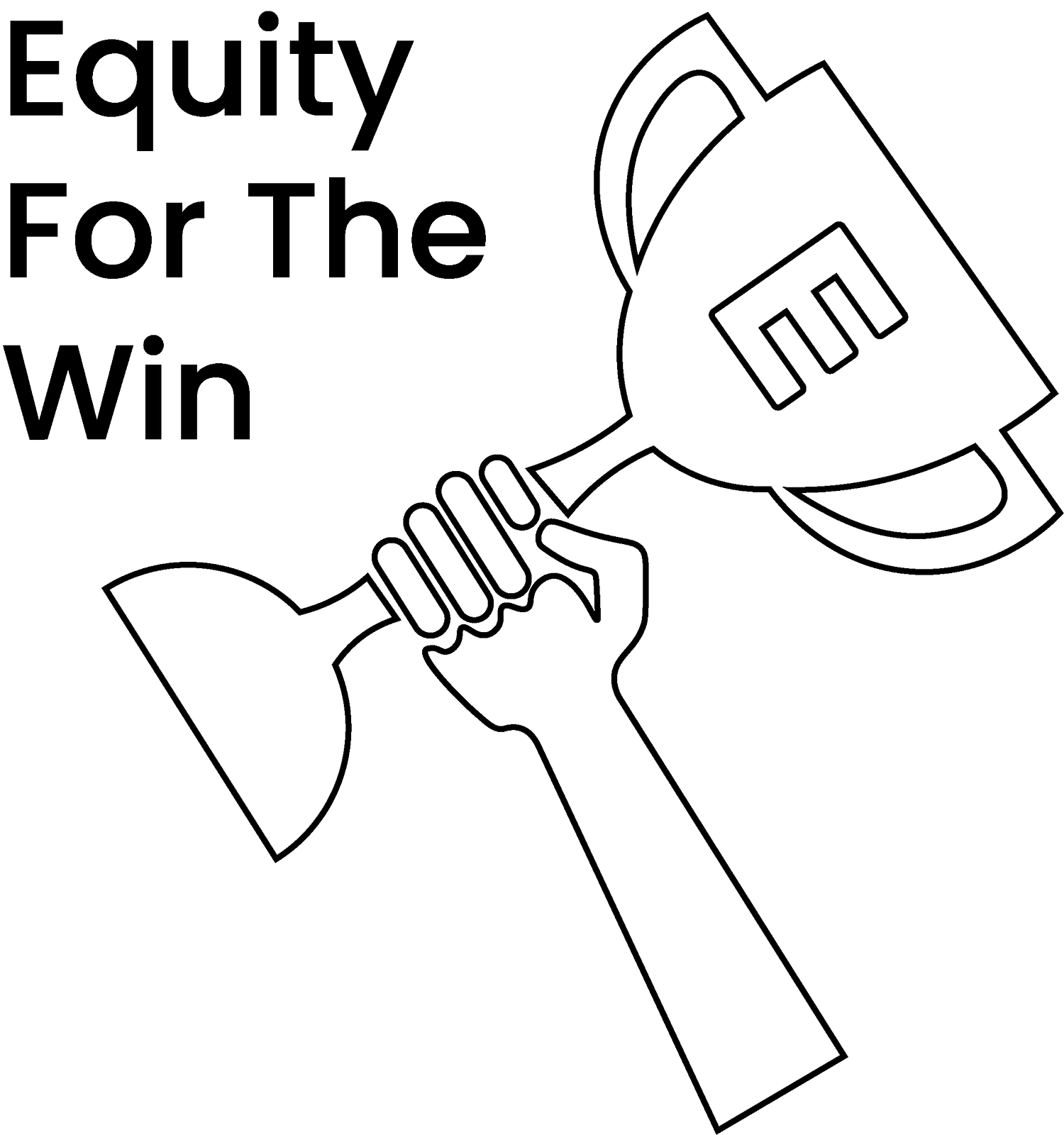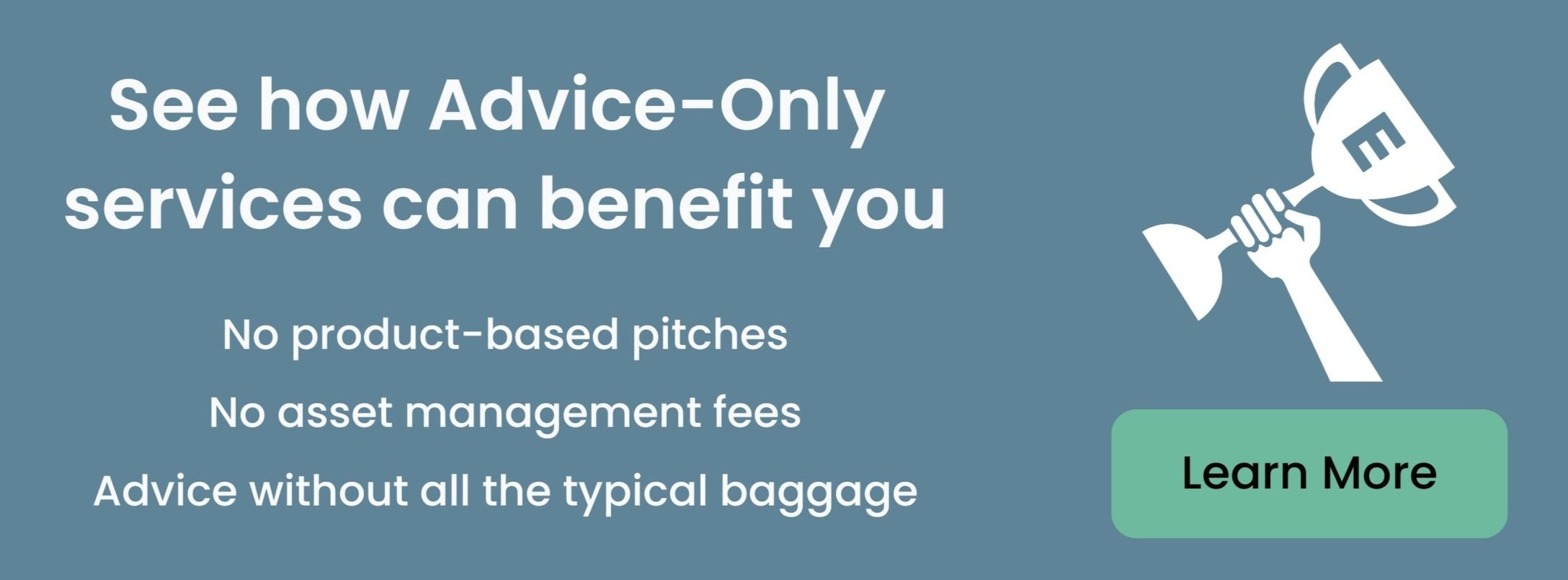When Can I Sell My ESPP Shares?
Participating in your company Employee Stock Purchase Plan (ESPP) can be a great way to boost your net worth. Since ESPPs usually offer the ability to purchase company shares at a discount, it can create opportunities to sell and make a profit.
What’s tricky is determining when you can sell ESPP shares and when should you sell ESPP shares.
The purpose of this article is to dive into when can you sell ESPP shares.
So When Can You Sell ESPP Shares?
The answer is that it will depend on the company. That said, there are three times that are most common.
During open trading windows (most common)
As part of your 10b5-1 plan (always allowed, not always necessary)
Anytime after purchase (if company allows)
These three answers may not seem very helpful, but the reality is that your ability to sell depends on company policy and your position within the company. To learn which of these selling methods apply to you, you’ll want to reach out to your plan administrator.
Companies that use Etrade or Charles Schwab may communicate directly within your online account when you’re eligible to sell ESPP shares.
Let’s review each one more closely.
During Open Trading Windows
Whether you are aware of them or not, your company has trading windows. These windows are periods of time in which employees are allowed to sell company stock without restriction (or limited restriction). If you’re an executive or key employee, it’s possible that you’ll be still restricted from selling during these trading windows, but most people can freely trade during an open window.
Typically, trading windows will be shortly after your company’s earnings call. If you want to search when your company’s earnings will be reported, you can check on Nasdaq’s Earnings Calendar.
If your company uses Carta, Etrade, or Schwab to manage company equity, the trading windows should be published pretty much front and center on the home page.
As Part of Your 10b5-1 Plan
As mentioned above, if you're an executive or someone with insider information, you may not be able to sell during trading windows. If you’re working on a project that’s confidential, you’ll likely be informed by compliance/legal that you will not be permitted to sell during a specific timeframe.
Some companies prefer that employees who are privy to insider, non-public information only sell company shares using 10b5-1 plans.
10b5-1 plan communicates your plans to sell company equity to your company’s plan administrator and company’s legal team. In the plan you set the conditions in which you’ll sell company equity. These conditions can include dates, prices, and specific instructions based on the type of equity you’re planning to sell. They are crucial you’re an executive or someone with insider information.
10b5-1 plans can be a little annoying to establish, but your employer can provide you resources to help make it easier. We’ve written an article on tips for building a 10b51 plan and you might find it helpful.
Anytime After Purchase
Being allowed to sell ESPP shares at any point without worrying about a trading window is uncommon, but it can happen.
If you are allowed to sell shares any time immediately after purchase, you’ll be able to lock-in the discount you received with worrying about future prices, which is a nice benefit.
When Should You Sell Your ESPP Shares?
It’s argued that the best time to sell your ESPP shares is right after you purchase them.
This will most likely cause you to have a tax liability, but selling ensures (1) that you profit from the discount of the ESPP, (2) that you’ll be able to diversify/move the proceeds to other investments, and/or (3) that you will have the cash liquidity to take care of other needs.
That said, selling your ESPP shares is very much a personal decision and there are important questions to consider:
Does owning your company stock motivate you at your job?
Do you need cash for other needs?
Do you want to sell ESPP shares to pay off debt?
Do you feel strongly that your company is going to continue growing in the future?
Do you enjoy holding a significant portion of company stock?
Is the dollar amount of ESPP shares not a significant portion of your net worth?
Examples of When People Should Sell ESPP Shares
Credit Card Debt - If you have credit card debt, you’ll probably want to pay off that debt ASAP. Paying off your credit card debt is typically the wisest move, but there are cases in which it may make more sense to contribute to your ESPP. But even then, you should be selling your shares as soon as you can after purchasing them to pay off such high-interest debt.
Student Loans/ Car Loans - Purchasing stock through an ESPP is a great way to get free money to pay off student loans or car loans. Assuming you have a relatively low interest rate (under 10%) you can max your contributions to the ESPP with the intention of selling immediately after purchase.
Since you’re able to purchase stock through the ESPP at a discount, you can sell those shares to help pay off your loans faster than you could if you were to put money straight towards the loans.
Net Worth = 95% company stock - If your net worth is almost equal to what you own in your employer’s stock, you should be selling as soon as you can and diversifying a portion.
Diversifying can mean many things depending on your situation. If you don’t have an emergency fund, what you sell should go there. If you’re looking to invest, you can look at investing the proceeds of what you sell into other investments through Vanguard or Schwab (VTI may also be a great option for investing within the U.S.)
Net Worth = 10% or less company stock - If your ESPP shares don’t comprise a significant portion of your net worth, you can sell your shares or keep them. If you feel optimistic about your company’s future growth and performance, you may be inclined to hold on to your shares since you’re in a better position to afford that added risk. If you are not as optimistic about your company’s future growth and performance, then you may want to sell and move funds to meet other needs.
Conclusion of When Can I Sell My ESPP Shares
The ability to sell shares will vary by company and you should plan accordingly. Other questions of when to sell may vary based on your individual situation.
ESPPs are great tools to help build wealth. The better you understand them, the easier it will be for you to utilize to the fullest of its capabilities.
As always, please comment with any questions or additional insights and click below if you’d like to receive an email when we publish more articles.


